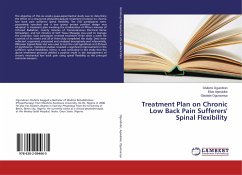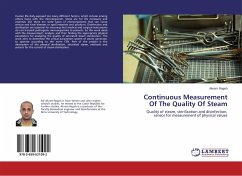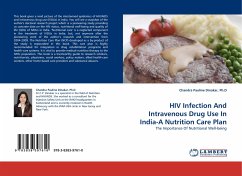Most of clinics around the world use an Intensity-modulated radiation therapy (IMRT) technique to treat cancer patients, although the clinical output must be accepted in all cases before treatment according to standards, there is range-wide spectrum of variations in the dosimetric results among them. The source of these discrepancies is the different factors affecting the quality of the IMRT plan during the optimization process and most of them are out of user control. Separated research efforts have discussed the different aspects of variation in order to find the most adequate conditions for IMRT plans. This work aims at studying two hundred and twelve Intensity-modulated radiation therapy (IMRT) plans and evaluating each of them under different conditions to study the effect of beam energy, number of beams, beams' orientations, and multileaf collimator (MLC) width on the plan quality.








